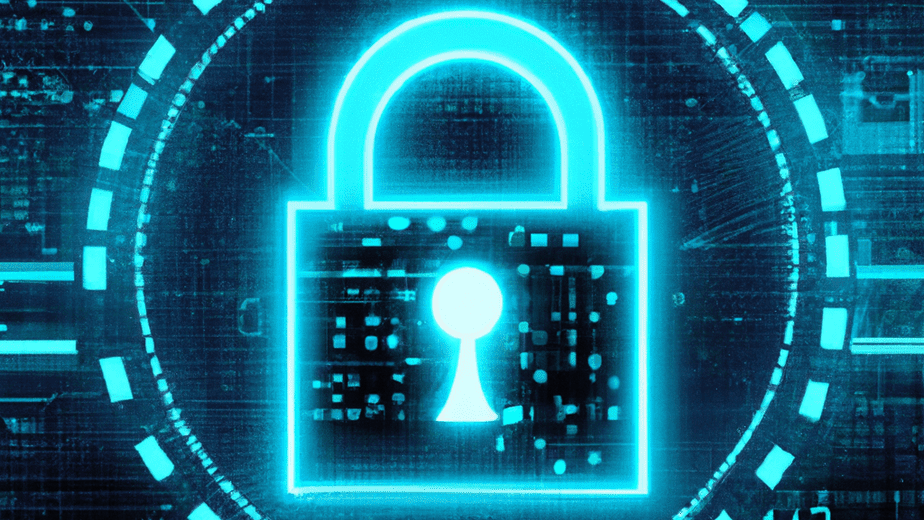
As technology continues to advance, it has become increasingly important for accounting firms to pay attention to cybersecurity. In an era where businesses of all sizes are at risk of cyberattacks, accounting firms have become particularly vulnerable due to the sensitive financial data they handle on a daily basis. In this article, we will discuss the role of cybersecurity in accounting, security measures for accounting firms and taxpayers.
The Role of Cybersecurity in Accounting Practices
In today’s digital age, cybersecurity has become a critical aspect of accounting practices. With the increasing use of technology in accounting, such as cloud-based accounting software, online banking, and electronic filing, accounting firms need to ensure that they have robust cybersecurity measures in place to protect sensitive financial information.
Cybersecurity helps to safeguard client information from cyber threats such as hacking, data breaches, malware, and phishing attacks. Businesses have the responsibility to ensure that their clients’ financial data is kept confidential and secure. Failure to do so could lead to severe consequences such as legal action, loss of clients, and damage to reputation.
Security Measures for Accounting Firms
Cybersecurity is a major concern for accounting firms, as they handle sensitive financial information for their clients. With the increasing amount of cyber attacks and data breaches, it’s essential to have strong cybersecurity measures in place.
One of the most important security aspects is data encryption. Encryption is the process of converting data into a code to prevent unauthorized access. Accounting firms need to ensure that their data is encrypted both in transit and at rest. This means encrypting emails, files, and databases containing sensitive financial information.
Another important part is network security. Network security is protecting the network from unauthorized access and ensuring the confidentiality, integrity, and availability of information transmitted over the network. Network security measures include firewalls, intrusion detection and prevention systems, and antivirus software.
Accounting firms also need to have strong password policies in place. Passwords are the first line of defense against unauthorized access. Businesses need to have strong password policies in place that require employees to use complex passwords, change them regularly, and never share them with anyone.
Employee training is also important for as humans are often the weakest link in an organization’s security posture. Business need to ensure that their employees are trained on security best practices, such as identifying phishing scams, avoiding social engineering attacks, and reporting security incidents.
Lastly, vendor management is another thing to consider. Many accounting firms rely on third-party vendors for software and services. It’s essential to ensure that their vendors have strong cybersecurity measures in place and are complying with industry standards and regulations.
How Taxpayers can help Protect their Information
Use Strong Passwords: Always use strong and unique passwords for your tax-related accounts. Never use easily guessable passwords such as birthdays, addresses, or family names. Make sure to use a combination of uppercase and lowercase letters, numbers, and special characters. You can also use password managers to generate and securely store your passwords.
Secure Your Devices: Make sure that your computer and mobile devices are protected with up-to-date security software, firewalls, and antivirus programs. Also, enable multi-factor authentication whenever possible to add an extra layer of security.
Beware of Phishing Scams: Be cautious of emails or phone calls that ask for your personal information. The IRS or other government agencies will never ask for your personal information through email or phone. Don’t click on suspicious links or download attachments from unknown sources.
Use Secure Networks: Always use a secure network when filing your tax return online. Avoid using public Wi-Fi or unsecured networks, as they can be easily compromised.
Properly Dispose of Sensitive Information: When disposing of sensitive information such as tax documents, make sure to shred them or destroy them in a secure manner. Don’t leave sensitive information lying around or in unsecured locations.
In conclusion, cybersecurity is essential for accounting firms to protect their client’s sensitive financial information. By implementing strong cybersecurity measures firms can reduce the risk of cyber attacks and data breaches. As taxpayers, you can also take measures to help ensure that your information remains secure and protected from unauthorized access.

